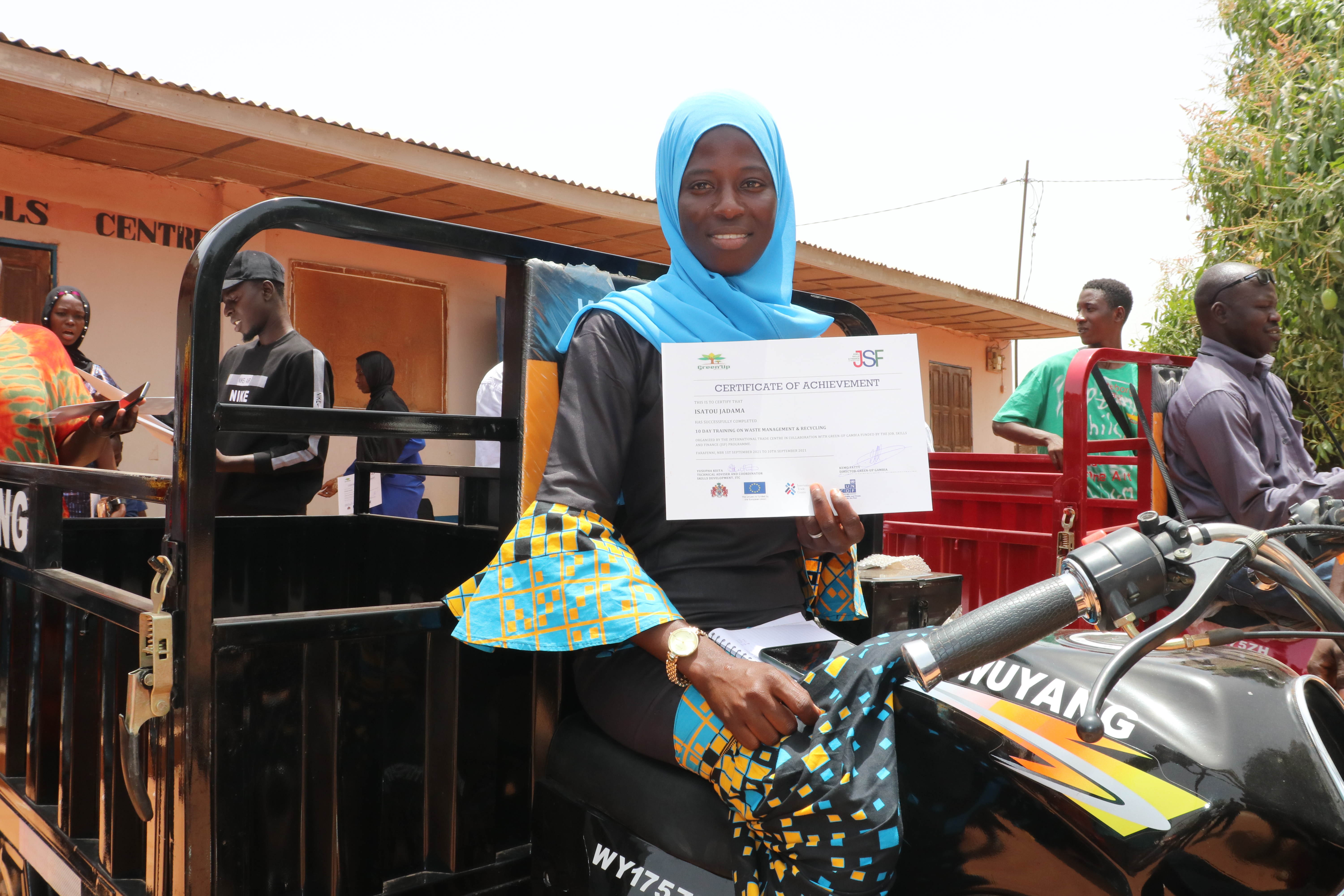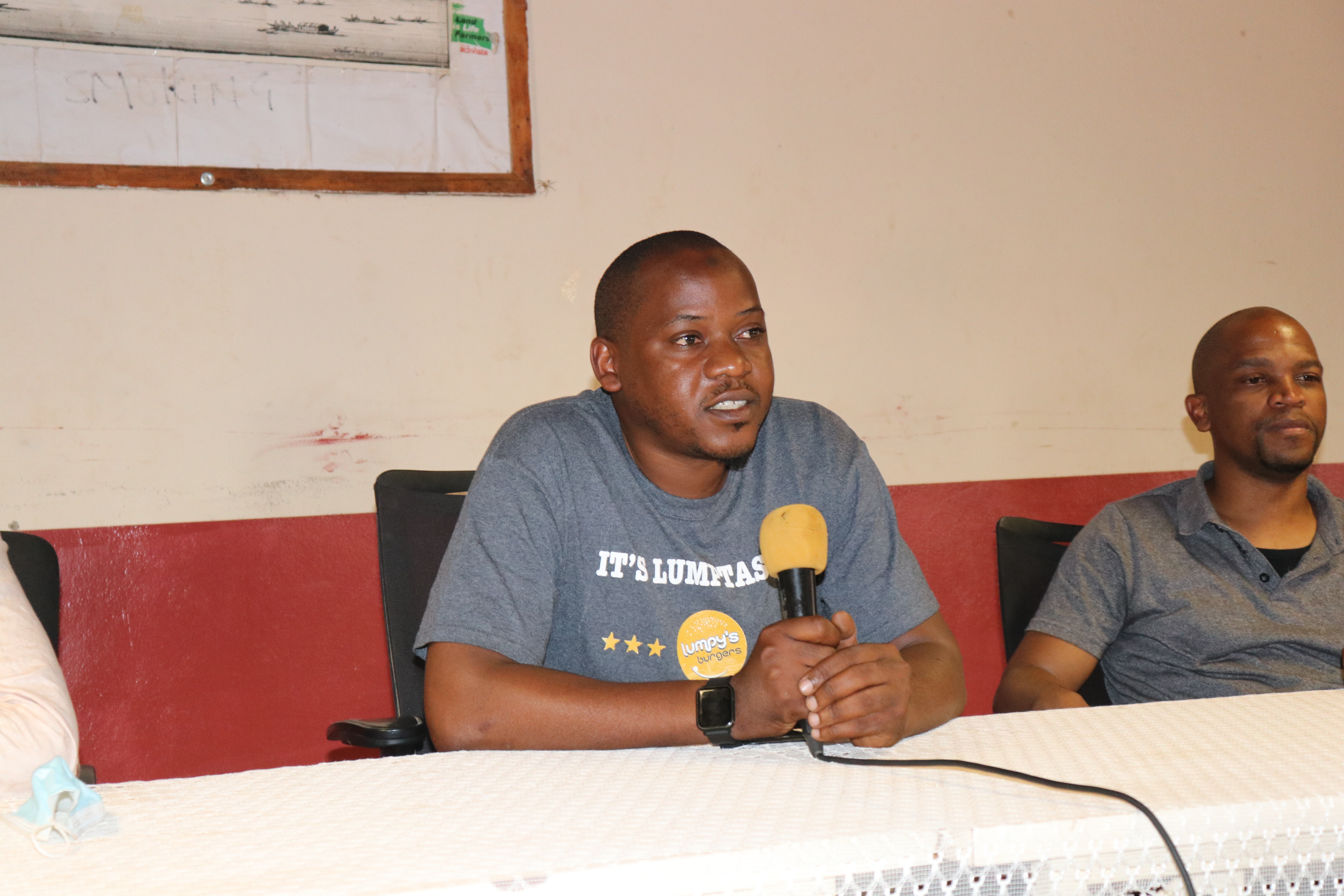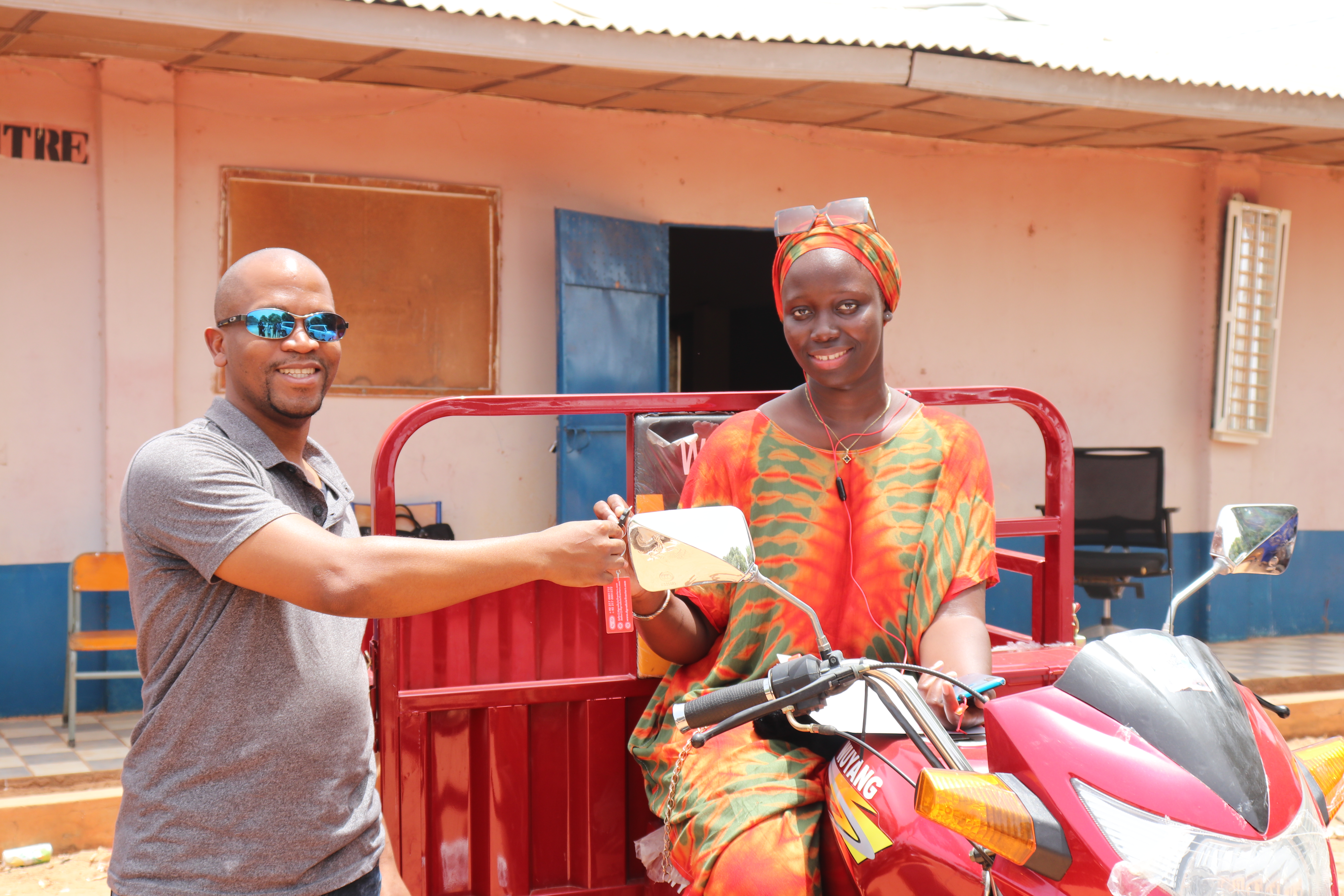According to the World Bank 2.01 billion tons of solid waste are produced annually. Every day, we produce tons of waste - from the food, the clothes, to the gadgets we dispose. Evidently, we cannot stop producing solid waste. However, we can massively reduce it through circularity and other innovative means.
Poor waste management negatively impacts the environment. Solid waste immensely contributes to air and sea pollution thereby causing serious damage to human and earth health. Despite being one of the few countries on track to meet the Paris Agreement, The Gambia is not spared from the effects of the climate crisis. Erratic rainfall, sea-level rise and heavy windstorms continue to put pressure on farmers consequently impacting lives and livelihoods.
One sure way of protecting the environment is by taking actions that mitigate the impact of the climate crisis. Circularity according to experts is an effective strategy for reducing greenhouse gas emissions. Reducing, reusing, and recycling waste is essential in lessening its impact on the environment at the same time conserving valuable natural resources.
Earlier this year, as part of our efforts to promote a green economy and deliver a sustainable future at the International Trade Centre, we partnered with Green-up Gambia to train and coach forty young people on waste management and recycling.

The beneficiaries drawn from the Central River Region, Lower River Region & North Bank Region underwent hands-on training to build knowledge and skills in waste management and recycling. This initiative is funded by the European Union through the Jobs, Skills and Finance Programme for Women and Youth which aims to create more green jobs, especially for young people in rural areas.
The beneficiaries were supported with waste collection tricycles to put the knowledge gained into practice. The three waste collection tricycles were given to three young people one from each region - CRR, NBR and LRR. This support will further enhance the waste collection systems in the selected regions.

Speaking at the graduation and handing over ceremony, the Coordinator of the Programme, Yusupha Keita, congratulated the beneficiaries and urged them to make good use of the start-up support.
“We expect you to go back to your communities and lessen the impact of waste on the environment at the same time generating income through the tricycles.”
Nkosana Mtetewa, Agriculture and Green Growth Consultant of the Jobs, Skills and Finance Programme, stressed the economic opportunities in waste collection. According to Mr. Mtetwa: “beyond protecting the environment, waste collection can be rewarding economically. When the tricycles are managed properly, they can be a great source of income for you all,” he remarked.
Speaking on behalf of the beneficiaries, Alfu Marong, expressed gratitude to International Trade Centre and its partner for providing them the opportunity to hone their skills in waste management and recycling.
He shared “The training we have received is life-changing. I am hoping that we will all translate what we have learned into practice for the benefit of our communities, ourselves, and the world at large.”
Concluding the ceremony, Regional Coordinator of Green-up Gambia, Alfu Sarr, added that his organisation will continue coaching the beneficiaries to help in the successful management of the tricycles.
Delivering a sustainable future is possible. All it requires is a collective effort that supports climate smart actions. This will help reduce greenhouse gas emissions and subsequently contributing to the protection of the environment.

Enjoyed this post by Bubacarr? Share it with others.
View count: 1083